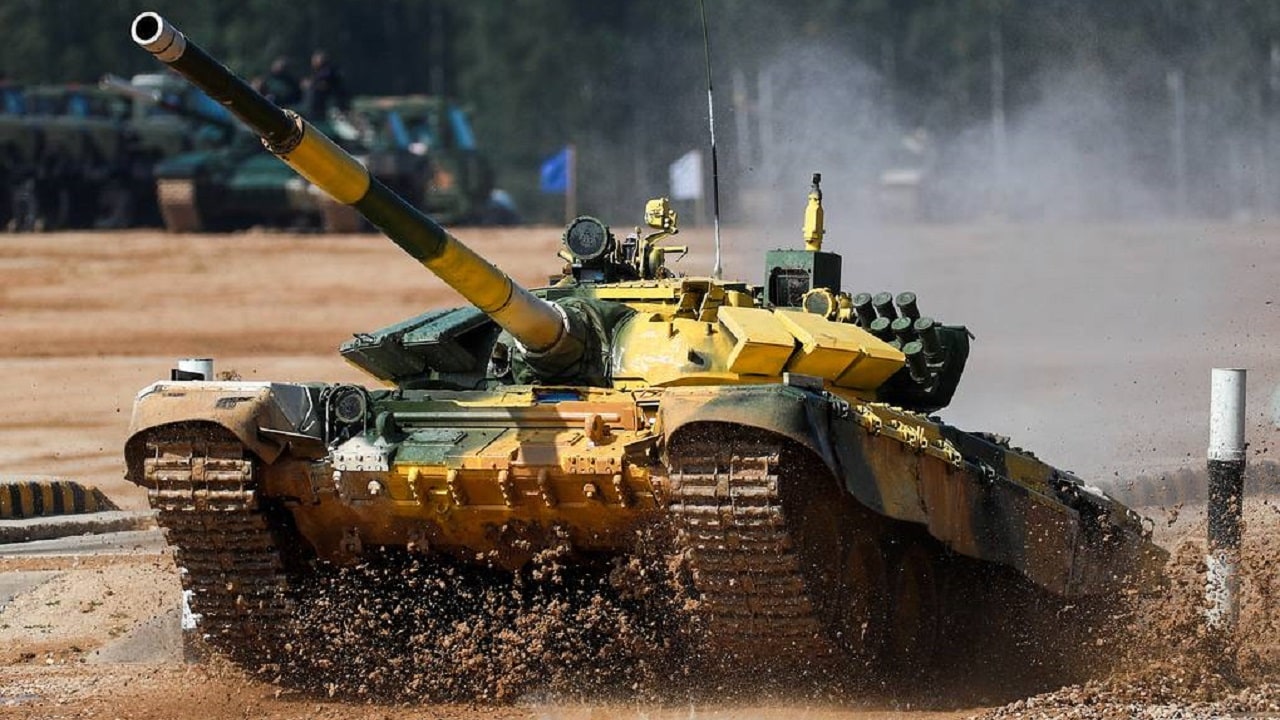Ukraine Denies Claims that Peace Talks Are Almost Complete – Ukrainian Foreign Minister Dmytro Kuleba denied claims that Ukraine and Russia are on the verge of establishing a peace agreement on Friday, dismissing comments by Turkish President Recep Tayyip Erdogan made on the same day.
Speaking to Ukrainska Pravda, Kuleba said that there is “no consensus” with Russia on the issues that divide Ukraine and Russia.
“There is no consensus with Russia regarding the four points mentioned by the Turkish president. In particular, the only state language in Ukraine is Ukrainian and will remain so. And in general, the classification of key negotiation topics into four points, or any other number, is inappropriate,” Kuleba said.
Kuleba also claimed that the Ukrainian delegation has taken a tough stance with Russian negotiators, refusing to back down on its top demands and working to establish a ceasefire while also protecting Ukraine’s territorial integrity.
While Kuleba expressed thanks to Turkey for providing humanitarian and political aid to Ukraine, he insisted that the comments made earlier that day were not true.
“We hope that Turkey, as a friend and strategic partner of Ukraine, will also continue with its support on all tracks. I would also like to take this opportunity to remind you that imposing new sanctions on Russia and strengthening Ukraine’s defense capabilities are equally important factors to stop the Russian war machine and achieve the desired progress in the negotiations. This tripartite strategy – sanctions, military support, negotiations – should not be called into question by anyone,” he said.
What Did President Erdogan Say?
Turkish President Recep Tayyip Ergodan claimed on Friday that Ukraine had agreed with Russia on four out of six demands on the table for a ceasefire agreement. Specifically, he said that Ukraine had agreed to renounce the possibility of NATO membership and to officially recognize Russian as the second official language of Ukraine.
“I think that there is consensus regarding four key negotiation issues. The first one concerns Ukraine’s accession to NATO,” he said.
This part is likely true. Ukrainian President Volodymyr Zelenskyy already said last week that Ukraine “must admit” that it will not join NATO and that the Ukrainian people must “rely on themselves and our partners who help us.”
Erdogan also told reporters in Brussels that Zelenskyy had agreed with the Russians to recognize Russian as a second language.
“Zelenskyy agreed to this. Russian is already spoken across the majority of Ukraine. There are no problems in this regard,” he said, before adding that Ukraine was willing to make concessions on Russia’s demand that Ukraine become completely demilitarized.
Erdogan did say, however, that Ukraine would not be willing to agree to the complete disarmament of the country, and that Zelenskyy will not agree to the recognition of Crimea as Russian territory and the independence of Luhansk and Donetsk.
It is unclear why Erdogan made the statements, which have been categorically dismissed by both Foreign Minister Dmytro Kuleba and President Zelenskyy.
Jack Buckby is a British author, counter-extremism researcher, and journalist based in New York. Reporting on the U.K., Europe, and the U.S., he works to analyze and understand left-wing and right-wing radicalization, and reports on Western governments’ approaches to the pressing issues of today. His books and research papers explore these themes and propose pragmatic solutions to our increasingly polarized society.

